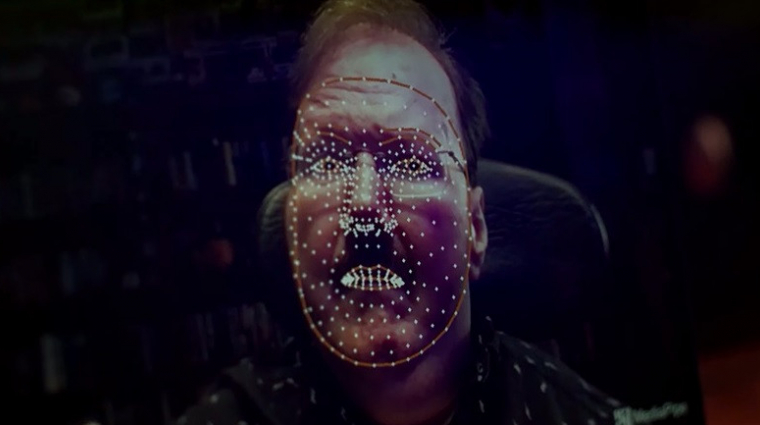Project Gamerface has gone open source for Android.
Google announced the other day that Project Gamerface is going open source for Android users starting Tuesday of this week. The app, which can also be used as a hands-free mouse, moves the cursor for us in response to facial and head movements and carries out simpler instructions. Developers can now freely integrate forward-looking functionality into their own applications. We can control the session on our computer through small gestures and facial expressions, such as nodding, shaking our head, winking, raising our eyebrows, opening our mouth, or sticking out our tongue.
Each of these commands can be assigned a simple daily command, which we use dozens of times a day. This includes clicking, scrolling up and down, paging, and playing. By definition, the presence of an optical device is essential for this coordinated process. To use this function, you also need a special camera for desktop computers, which the company introduced at I/On last year. The tool uses a database of facial expressions from the MediaPipe Face Landmarks Detection API to control the cursor. Based on tests, the camera follows facial expressions and other gestures smoothly.
It is up to developers to take advantage of the opportunity to customize special controls in their own applications. The size, direction, and speed of gestures can be used to influence various associated functions, which, with careful configuration, can do a lot to improve the user experience. Although Gamerface is – true to its name – primarily designed for gamers, an Indian company that deals with equal opportunities and accessibility, thanks to Incluzza, it is investigating the possibility of benefiting from development elsewhere. If this initiative is successful, the technology could be used in some workplaces and education in the future.
Project Gameface is inspired by famous video game streamer Lance Carr. A gamer with muscular dystrophy has helped develop a simpler, less expensive alternative to expensive head-tracking systems in collaboration with Google.












































